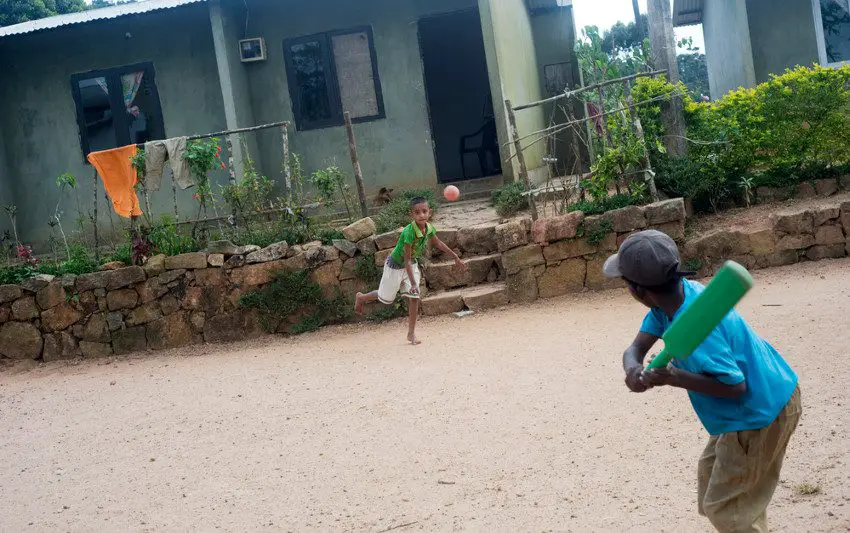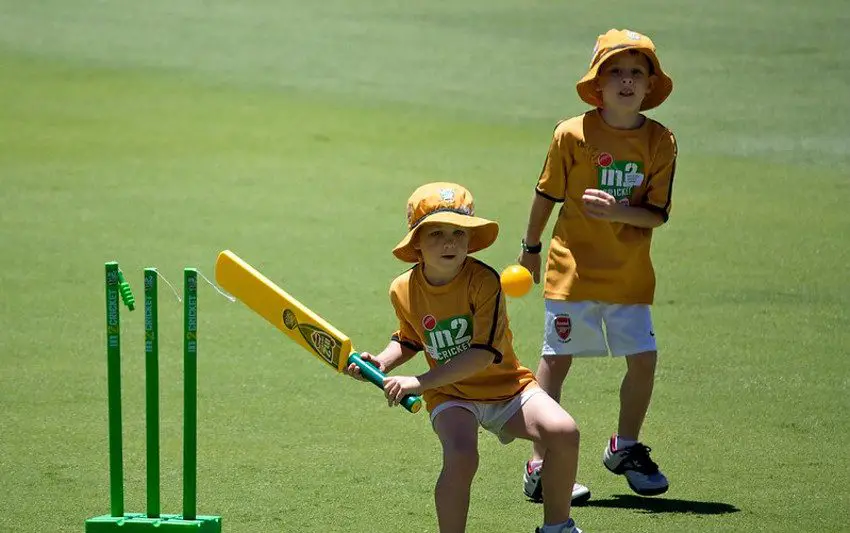Table of Contents
After years of underachievement in the white-ball game, England drastically altered their approach to limited-overs cricket in 2015 to become the most aggressive batting unit in the world. Their failure in the 2015 World Cup after they didn’t reach the knockout phase of the tournament was a pivotal moment for the Three Lions, and Eoin Morgan vowed to improve his side’s fortunes.
Four years later, England were holding the World Cup trophy aloft after beating New Zealand by the tightest of margins. Although their triumph over the Black Caps was a close affair, there was no doubt that England had been the best 50-over side in the world over the four years between the two World Cups.
In that time, England had smashed the record for the highest ODI total twice, scoring 444 against Pakistan in 2016 before eclipsing their score with an even better effort against Australia in 2018, putting a mammoth 481 runs on the board.
Even though their form in the 50-over game had not been of the standards of their previous run-in to the World Cup, England were still one of the leading contenders in the cricket betting odds for the 50-over World Cup, highlighting how the perception of their game had changed since 2015 and their lowest ebb. Now teams are desperate to emulate England’s approach, but how can they achieve that amid difficulties elsewhere in the game?

Emulating England
Many teams want to copy England’s approach, but performing the feat is easier said than done. England are able to play with such aggression throughout the order because of the quality of their batting line-up. Morgan opted to retire in 2022 after struggling for form, but England have not missed a beat without their World Cup-winning captain. Jos Buttler has inherited the captaincy and has already led England to glory in the World T20.
Buttler has taken his game to the next level and is one of the most dominant players of his generation. Jonny Bairstow, Jason Roy, Joe Root and Ben Stokes make the rest of the experienced batting line-up, while Dawid Malan has taken to the 50-over game like a duck to water. Unlike any other nation in the world, England have depth and quality in their ranks, so much so that a number of talented players on the rise cannot break into the starting line-up.
India are perhaps the only other side that have the level of depth England enjoy with their batting ranks, but the rest of the world is lagging behind and it will affect their ability to play with the freedom that England’s batsmen enjoy, who also know that there are a number of players ready to take their place should their standards slip. Malan averages over fifty in ODI cricket and was not guaranteed his place in the World Cup squad.
England will remain the standard for white-ball batting as long as their production of talent continues to churn out players that bat with aggression and clean striking.
Will the Balance Be Addressed?
A number of countries now have their own T20 leagues that are allowing the best players in the world to compete in short and sharp competitions. England, India, and Australia don’t need any help in this regard as their depth will remain strong in all formats. But, there can’t be a cycle where the top three nations routinely win the major competitions.
South Africa’s SA20 has the same ownership model as the Indian Premier League, and the hope is that the Proteas can build a strong level of depth to their ranks that has been thinned in recent years by a number of players seeking moves elsewhere rather than playing for their country.
New Zealand are always competitive and continue to punch above their weight even with the lack of resources compared to other nations in the world. Pakistan have the Pakistan Super League, which is starting to bear fruit with a number of talented new players who are breaking through on the international circuit, more so in their bowling ranks, but the batting is cultivating depth beyond Babar Azam.
The problem is beyond those nations as Sri Lanka and the West Indies are in danger of falling away to the degree of Zimbabwe. West Indies cricket has endured a dramatic decline, and although they won the T20 World Cup in 2016, there has been a concerning drop-off in the talent levels. There’s not another Chris Gayle emerging any time soon. Sri Lanka too have suffered since the retirements of their superstars Mahela Jayawardene and Kumar Sangakkara.
Unless something can be done to address the balance of power, no team will be able to match the striking power of England at the top of the game any time soon. They’ve set the standard, but the rest of the world is struggling to catch up, which may not be good for the white-ball game.


